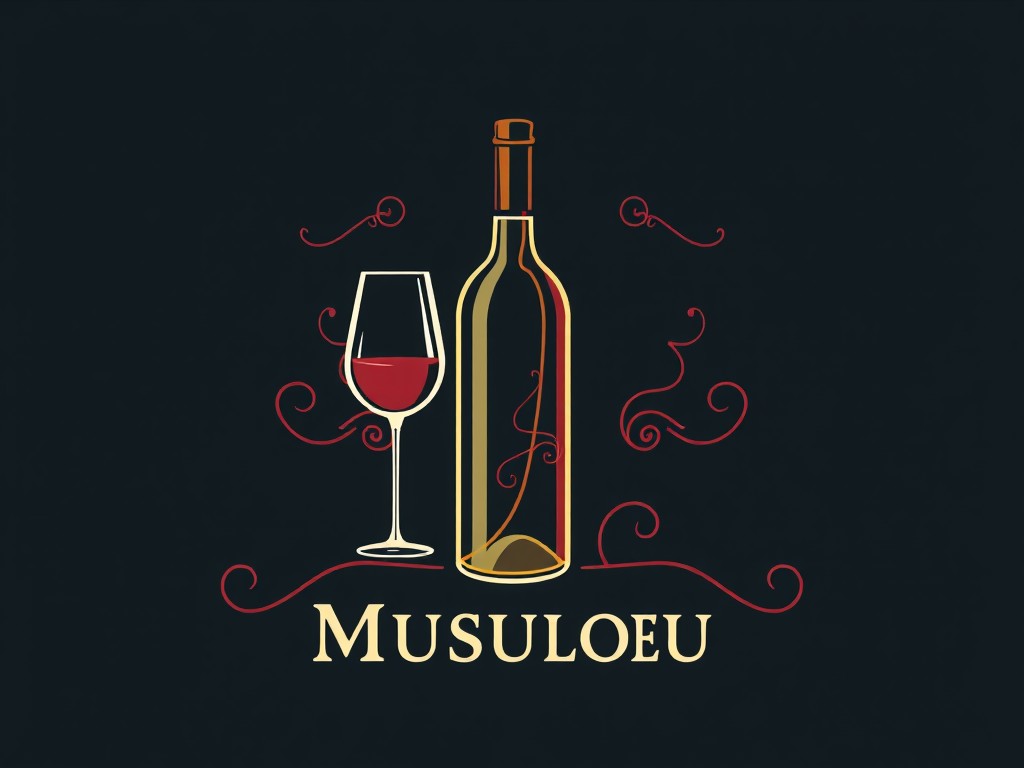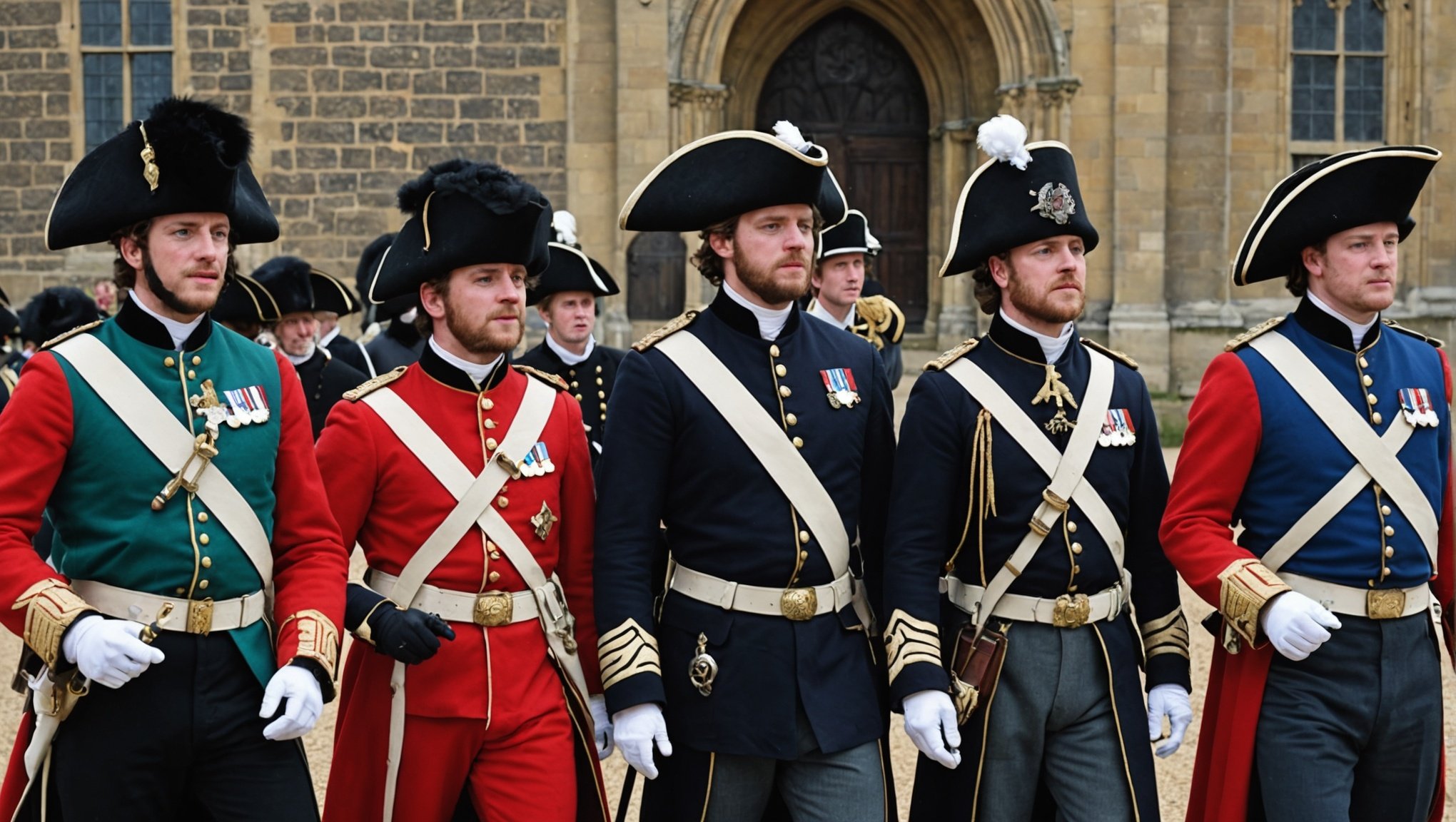Step into history and experience the thrill of UK historical reenactments. From medieval battles to World War gatherings, these immersive experiences invite you to engage with the past like never before. Learn the skills, find the right gear, and connect with a vibrant community dedicated to preserving history. This guide empowers you to start your own adventure, whether you're a seasoned enthusiast or a curious newcomer. Ready to don the attire and relive pivotal moments? Your journey begins now!
Understanding Historical Reenactments in the UK
Historical reenactments offer a fascinating window into the past, allowing participants and spectators to experience UK history in an interactive manner. These events are more than mere performances; they serve as a bridge connecting modern audiences with historical events, providing a tangible understanding of different eras. Enacting historical moments brings to life the significance of each period, enriching the cultural tapestry of the UK.
Also to read : How can you experience a traditional Scottish haggis tasting event?
The tradition of historical reenactments in the UK dates back several decades, with roots tracing to medieval tournaments and pageants. Over time, these events evolved, becoming more structured and authentic, aiming to accurately portray historical events. This evolution reflects the growing interest in preserving and understanding the rich history of the UK.
Reenactments cover a wide array of themes and periods, from the Viking invasions to the World Wars. Each event is meticulously planned to ensure historical accuracy, often involving extensive research and collaboration with historians. Participants don authentic costumes and use period-appropriate tools and weapons, offering a realistic glimpse into the past. Themes can vary greatly, but they share a common goal: to educate and engage audiences, fostering a deeper appreciation for the UK's diverse historical legacy.
Also to discover : Exploring the Rich History of British Theater: Unforgettable Guided Tours in London
Finding Local Reenactment Events
Discovering reenactment events in your area can be an exciting journey into the past. The first step is to explore online resources dedicated to these events. Websites like the Reenactment UK and Living History Worldwide provide comprehensive listings of upcoming events, fairs, and festivals across the UK. These platforms often include details about the themes, locations, and dates, making it easier to plan your visit.
Another effective way to find local events is by connecting with UK reenactment groups. Many of these groups have active social media pages where they post updates about their activities and upcoming gatherings. Engaging with these communities not only keeps you informed but also allows you to become part of a network of enthusiasts who share your interest in history.
Community gatherings and local history societies are also valuable resources. Attend their meetings or events to learn more about reenactment opportunities in your area. These societies often collaborate with reenactment groups to organise events, providing a chance to witness history firsthand.
By leveraging these resources, you can immerse yourself in the rich tapestry of historical reenactments, gaining a deeper appreciation for the UK's vibrant past.
Joining Reenactment Groups and Organizations
Becoming part of reenactment organizations offers a unique opportunity to delve deeper into history and connect with like-minded individuals. These groups provide a platform for community involvement, fostering a sense of camaraderie among participants who share a passion for historical events.
Benefits of Joining a Reenactment Group
Joining a reenactment group can enhance your understanding of history through hands-on experiences. Members often gain access to exclusive workshops and training sessions, improving their skills in areas such as crafting authentic costumes or mastering period-specific combat techniques. Additionally, these organizations frequently collaborate with historians, offering members insights into the latest historical research.
Notable Reenactment Organizations in the UK
The UK hosts several prominent reenactment organizations. Groups like the Sealed Knot, which focuses on the English Civil War, and the Viking Society, dedicated to Norse history, are well-respected in the reenactment community. Each organization has its own focus and style, allowing enthusiasts to choose one that aligns with their historical interests.
Tips for Approaching and Integrating into a Reenactment Community
To successfully join a reenactment community, start by researching groups that align with your interests. Attend public events to observe and engage with current members. Showing genuine enthusiasm and a willingness to learn will help you integrate smoothly into the community.
Costume and Gear Recommendations
When engaging in historical reenactments, the authenticity of costumes and gear is paramount. Wearing historically accurate attire not only enhances the experience for participants but also provides spectators with a more genuine portrayal of the past. The attention to detail in historical costumes and reenactment gear is crucial for maintaining the integrity of the event.
For those new to reenacting, sourcing or creating authentic attire can seem daunting. Fortunately, there are numerous resources available to assist with this process. Many reenactment organizations provide guidelines and recommendations for acquiring or crafting period-specific clothing. Additionally, online marketplaces and specialty shops offer a variety of materials and patterns tailored to historical costumes.
Practical gear and accessories are equally important for reenactors. Items such as period-appropriate footwear, headgear, and weaponry contribute to the overall realism of the portrayal. When selecting reenactment gear, consider both historical accuracy and practicality. It's essential to balance authenticity with comfort and safety, ensuring that costumes and accessories are suitable for the activities involved.
By investing in well-made historical costumes and reenactment gear, participants can fully immerse themselves in the reenactment experience, bringing history to life with precision and respect.
Safety Tips for Reenactors
Ensuring reenactment safety is crucial for a successful and enjoyable experience. Participants must be aware of common safety concerns that can arise during these events. These include potential injuries from handling weapons, accidents due to uneven terrain, and risks associated with large crowds.
To mitigate these risks, it's essential to adhere to recommended safety gear and practices. Wearing appropriate protective gear such as helmets, gloves, and padded clothing can significantly reduce the chance of injury. Additionally, using replica weapons made from safe materials and ensuring they are in good condition helps prevent accidents.
Understanding and following event-specific safety guidelines is vital. Each reenactment event may have unique safety protocols tailored to its particular activities and location. Participants should familiarize themselves with these guidelines before the event and attend any safety briefings provided by organizers.
Moreover, maintaining awareness of one's surroundings and communicating effectively with fellow reenactors can enhance safety. Being mindful of the environment, such as avoiding slippery or uneven surfaces, and ensuring clear signals during combat reenactments, are practical measures to protect oneself and others. By prioritizing participant safety, reenactors can focus on enjoying and accurately portraying historical events.
Skills and Training for Reenactors
Participating in historical reenactments requires a unique set of reenactment skills to ensure authenticity and engagement. Essential skills include historical research, costume crafting, and combat techniques, each contributing to a more immersive portrayal of the past. Understanding the context of the era being reenacted is crucial, as it informs the accuracy of the performance.
Training Workshops
Training workshops offer invaluable opportunities for reenactors to hone their skills. These sessions often cover a wide range of topics, from sewing period-specific garments to mastering historical combat methods. Workshops provide hands-on experience, allowing participants to practice and refine their abilities under the guidance of experts.
Learning from Experienced Reenactors
Engaging with seasoned reenactors and mentors is an effective way to develop historical skills. Experienced participants often share insights and tips gained from years of involvement, offering newcomers a wealth of knowledge. By observing and interacting with these veterans, reenactors can learn best practices and avoid common pitfalls.
Whether through formal workshops or informal mentorship, acquiring and improving reenactment skills is a continuous journey. This commitment to learning not only enhances individual performances but also enriches the overall experience for audiences and participants alike.
The Role of Personal Anecdotes in Reenactments
Personal anecdotes play a pivotal role in enriching the reenactment experience. They offer a unique lens through which participants and audiences can connect more deeply with historical events. Reenactor stories often highlight the emotional and personal connections individuals have with the past, bringing history to life in a way that is both engaging and relatable.
Importance of Sharing Personal Experiences
Sharing personal experiences within the reenactment community fosters a sense of camaraderie and understanding. These community narratives allow reenactors to express their passion for history and share insights into their roles. By recounting their experiences, reenactors can offer valuable perspectives on the challenges and rewards of bringing history to life.
Memorable Reenactment Stories
Examples of memorable reenactment stories abound, each adding depth to the historical narrative. Whether it's a reenactor recalling the thrill of their first battle portrayal or sharing the meticulous process of crafting an authentic costume, these stories captivate and inspire. Personal anecdotes provide a rich tapestry of experiences that enhance the authenticity and enjoyment of reenactments.
By weaving personal anecdotes into the fabric of reenactments, participants can create a more immersive and meaningful connection to history, ensuring that the stories of the past continue to resonate with modern audiences.
Online Resources and Communities
Engaging with reenactment forums and online communities is a fantastic way to deepen your understanding of historical reenactments. These digital spaces provide a platform for enthusiasts to connect, share experiences, and exchange valuable information. Online forums and discussion groups often host lively debates and discussions on various aspects of reenactment, from costume authenticity to event organisation.
Social media plays a crucial role in connecting reenactors worldwide. Platforms like Facebook and Instagram host numerous groups and pages dedicated to different historical periods and reenactment styles. By joining these communities, you can interact with fellow enthusiasts, gain insights into their experiences, and stay updated on upcoming events and trends.
For those interested in research, several digital resources offer access to historical documents and materials. Websites like the British Library and Project Gutenberg provide extensive digital libraries that can aid in crafting authentic portrayals. These resources are invaluable for reenactors seeking to enhance their knowledge and accuracy in depicting historical events.
By leveraging these online resources and communities, reenactors can enrich their experiences, learn from others, and contribute to the vibrant tapestry of historical reenactment culture.
Getting Started as a Beginner Reenactor
Embarking on your journey as a beginner reenactor can be both exciting and daunting. Here are some essential starting tips to help ease your transition into this captivating world.
Essential Tips for First-Time Reenactors
- Research Thoroughly: Before participating, dive into the historical period you wish to portray. Understanding the context will enhance your experience and accuracy.
- Start Simple: For your first event, focus on acquiring basic, yet authentic, attire and gear. Many reenactment groups offer guidelines for newcomers.
- Engage with the Community: Attend meetings or online forums to connect with seasoned reenactors. They can provide invaluable advice and support.
What to Expect at Your First Event
Participating in your first event can be overwhelming. Expect a mix of excitement and nerves. Events often involve setting up camps, participating in battles or demonstrations, and interacting with the public. Approach each activity with an open mind and a willingness to learn.
Easing into the Reenactment Community
To integrate smoothly, show enthusiasm and respect for the community's traditions. Volunteer for tasks, ask questions, and be open to feedback. Building relationships with fellow enthusiasts will enrich your experience and help you grow as a reenactor.






